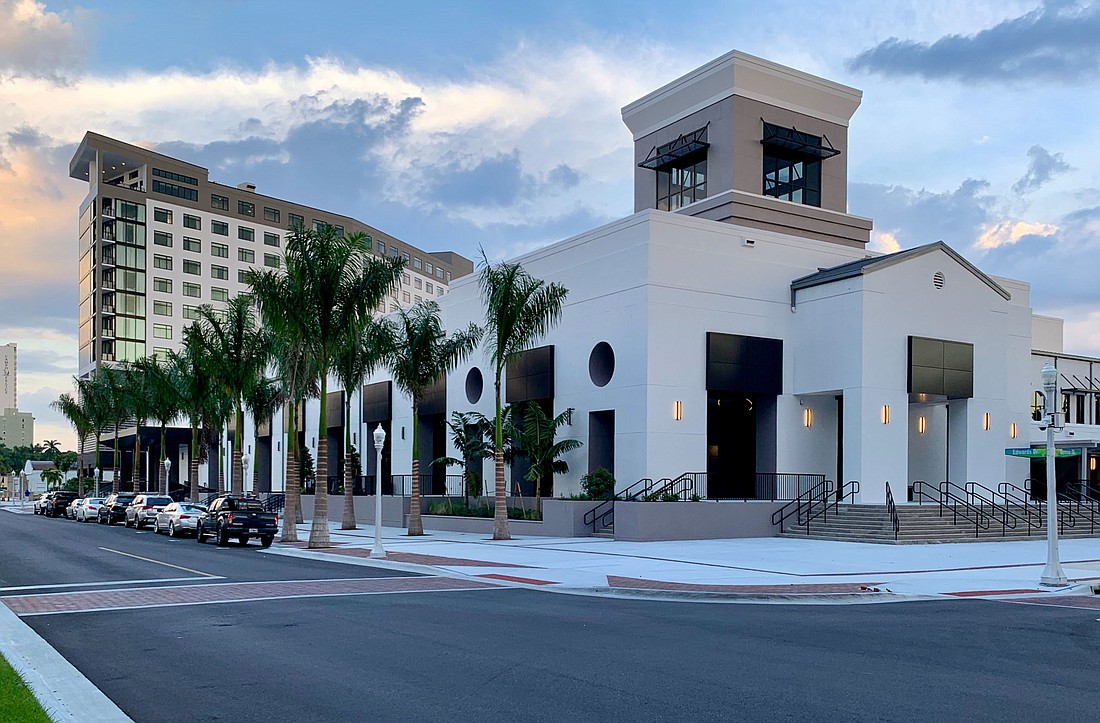- March 17, 2025
-
-
Loading

Loading

The idea of packing crowds into a giant room and having people walk around in clusters — a standard convention center — sounds like pandemic-led anarchy.
‘Downtown Fort Myers is back in the convention center business. I anticipate this will have a long-lasting impact on the economy of downtown Fort Myers.’ Gary Tasman, Cushman & Wakefield Commercial Property Southwest Florida